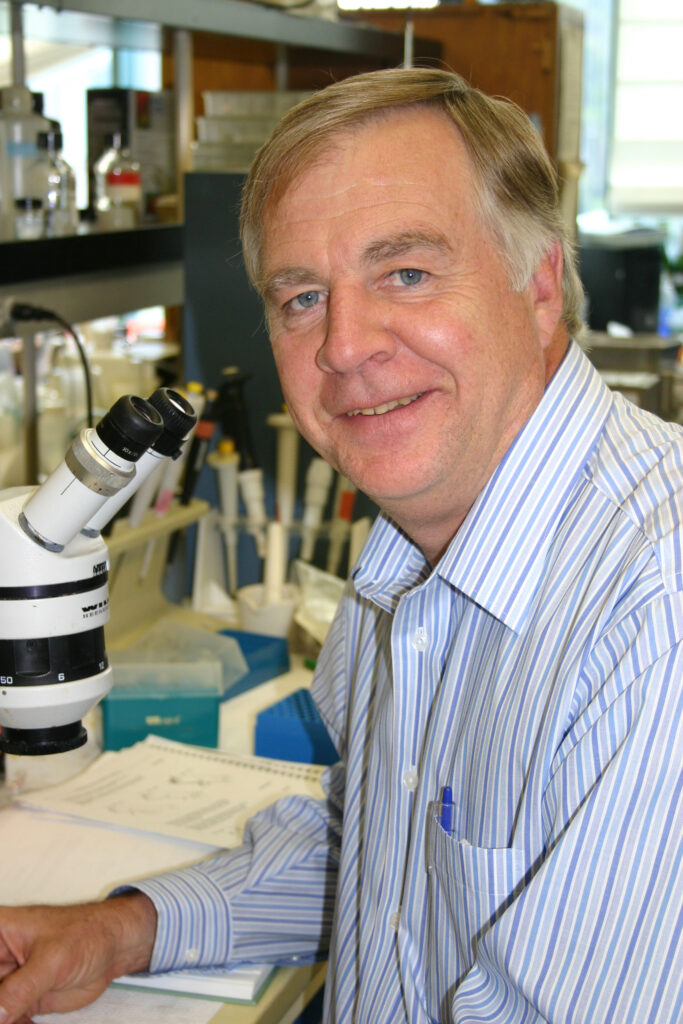
Professor Emeritus Timothy Bradley of the UC Irvine Charlie Dunlop School of Biological Sciences has been appointed Chair of the Salton Sea Science Advisory Committee, the State-appointed group that provides scientific expertise to guide restoration and mitigation efforts at the Salton Sea.
“I am pleased and honored to have been appointed to the position of Chair of the Salton Sea Science Advisory Committee,” Bradley said. His career at UC Irvine has long centered on the physiology and ecology of aquatic organisms, including species in saline environments — experience that directly informs this leadership role.
Bradley has a decades-long history of connecting science to environmental policy. Early in his career, during the 1980s, he conducted research and served as a consultant to regulatory agencies on conservation efforts at Mono Lake. He later founded the UC Irvine Salton Sea Initiative, which brought together experts across the University of California to address the ecological, economic and public health challenges emerging from the declining Salton Sea.
Formed by the State of California, the Salton Sea Science Advisory Committee supports the Salton Sea Management Program, which is led by the California Natural Resources Agency in collaboration with the Department of Water Resources and the Department of Fish and Wildlife. The committee includes experts in aquatic ecology, avian ecology, dust mitigation, desert ecology, public health, aquatic toxicology and air quality management.
The Salton Sea is the largest inland body of water in California. It was created in the early 20th century when Colorado River water escaped irrigation canals and flooded the Salton Sink, a deep inland basin. For more than 100 years, the Sea was sustained by agricultural runoff from the Imperial and Coachella Valleys. In recent years, however, that runoff has sharply decreased as water has been diverted to coastal communities. The Sea is now rapidly shrinking, increasing in salinity to 1.7 times that of seawater and causing widespread loss of fish, habitat for migratory birds, and exposure of dried lakebed that generates toxic dust affecting nearby communities.
“The challenges are great, but so are the opportunities for ecological enhancement and for protecting the economic and public health of the hundreds of thousands of Californians living around the Salton Sea,” Bradley said.
As Chair, he will help guide scientific input on critical mitigation projects — including the construction and maintenance of marshes that support migratory birds, endangered species, and efforts to address issues such as selenium contamination and hazardous dust from the exposed playa.
Bradley said he is hopeful that the expertise embodied in the Science Advisory Committee will help ameliorate the challenges posed by the decline of the Salton Sea.
